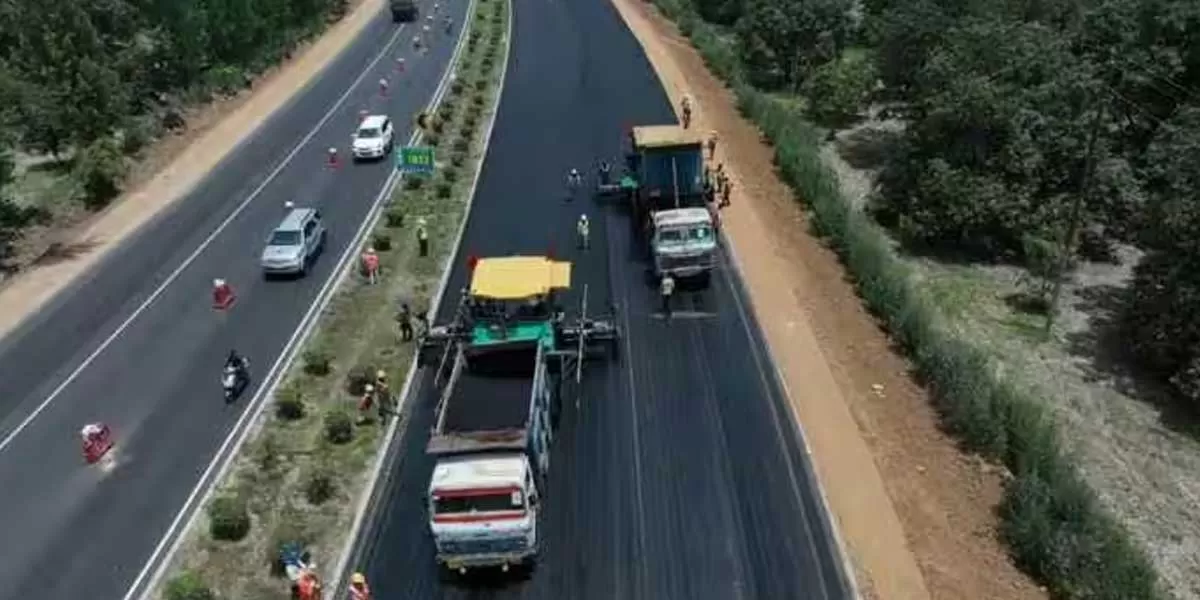The cancelled projects, which were expected to enhance connectivity and boost economic activities in the region, include key highway expansions and new road constructions. However, difficulties in acquiring the necessary land have led to significant delays, prompting the NHAI to scrap these initiatives.
Land acquisition has long been a contentious issue in India, often leading to project delays and cancellations. In Punjab, acquiring land for infrastructure projects has faced resistance from local landowners, legal battles, and bureaucratic red tape. These obstacles have made it challenging for the NHAI to proceed with the planned projects within the stipulated timelines.
The cancellation of these projects highlights the need for more streamlined and effective land acquisition processes. The NHAI and state authorities have been urged to work collaboratively to address these issues and find solutions that balance developmental needs with the concerns of landowners.
The scrapped projects included the expansion of crucial highways and the construction of new roads that were expected to alleviate traffic congestion and improve transportation efficiency. The halt in these projects is likely to affect the region's economic growth prospects, as improved infrastructure is critical for trade, tourism, and overall economic development.
This development also raises concerns about the future of other infrastructure projects in the state. Without addressing the underlying issues of land acquisition, further delays and cancellations could hamper the state's progress in building robust transportation networks.
In conclusion, the NHAI's cancellation of three highway projects in Punjab due to land acquisition hurdles reflects the significant challenges in executing infrastructure projects. It underscores the necessity for more efficient land acquisition processes to ensure the timely completion of vital development initiatives.


